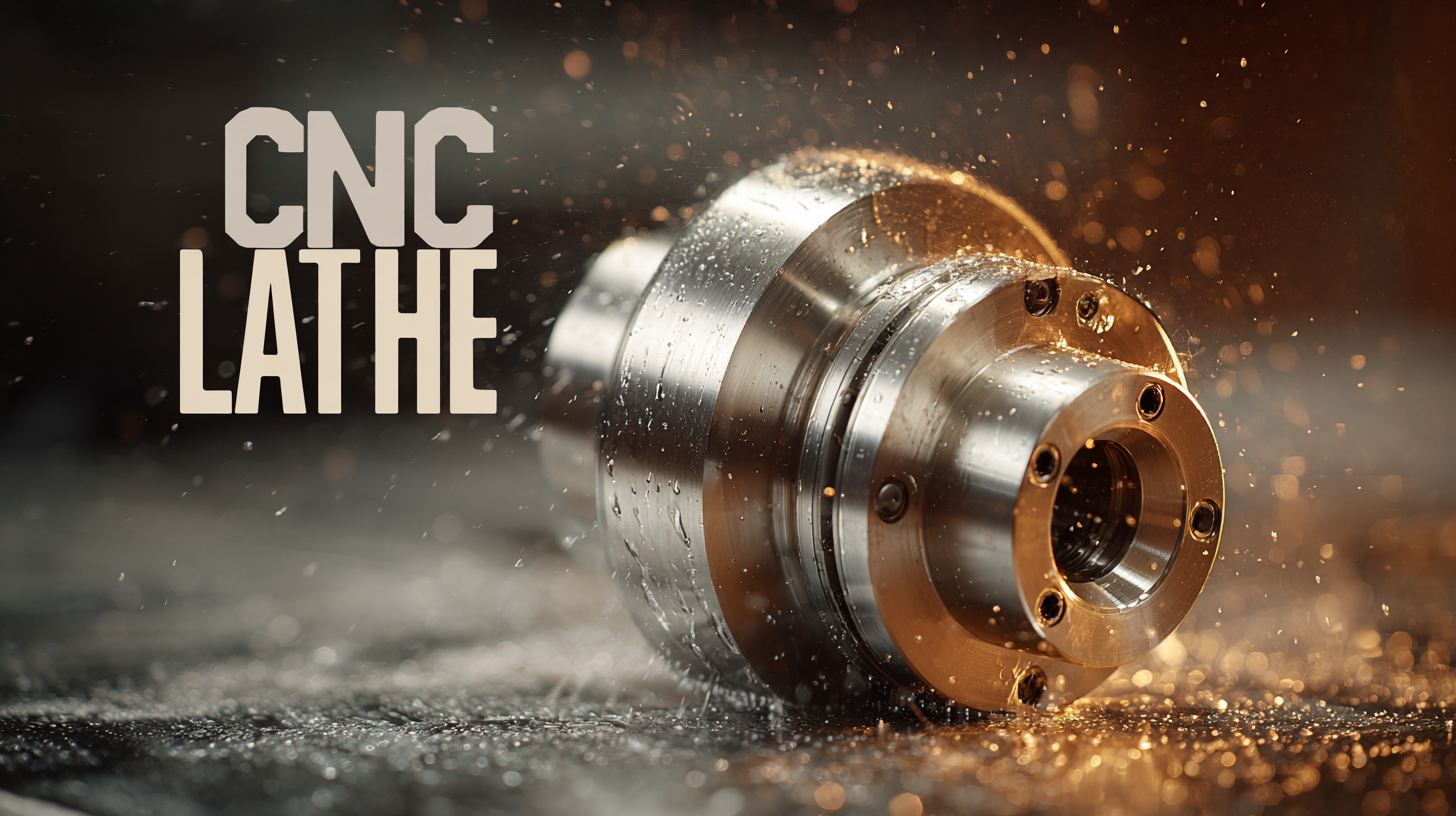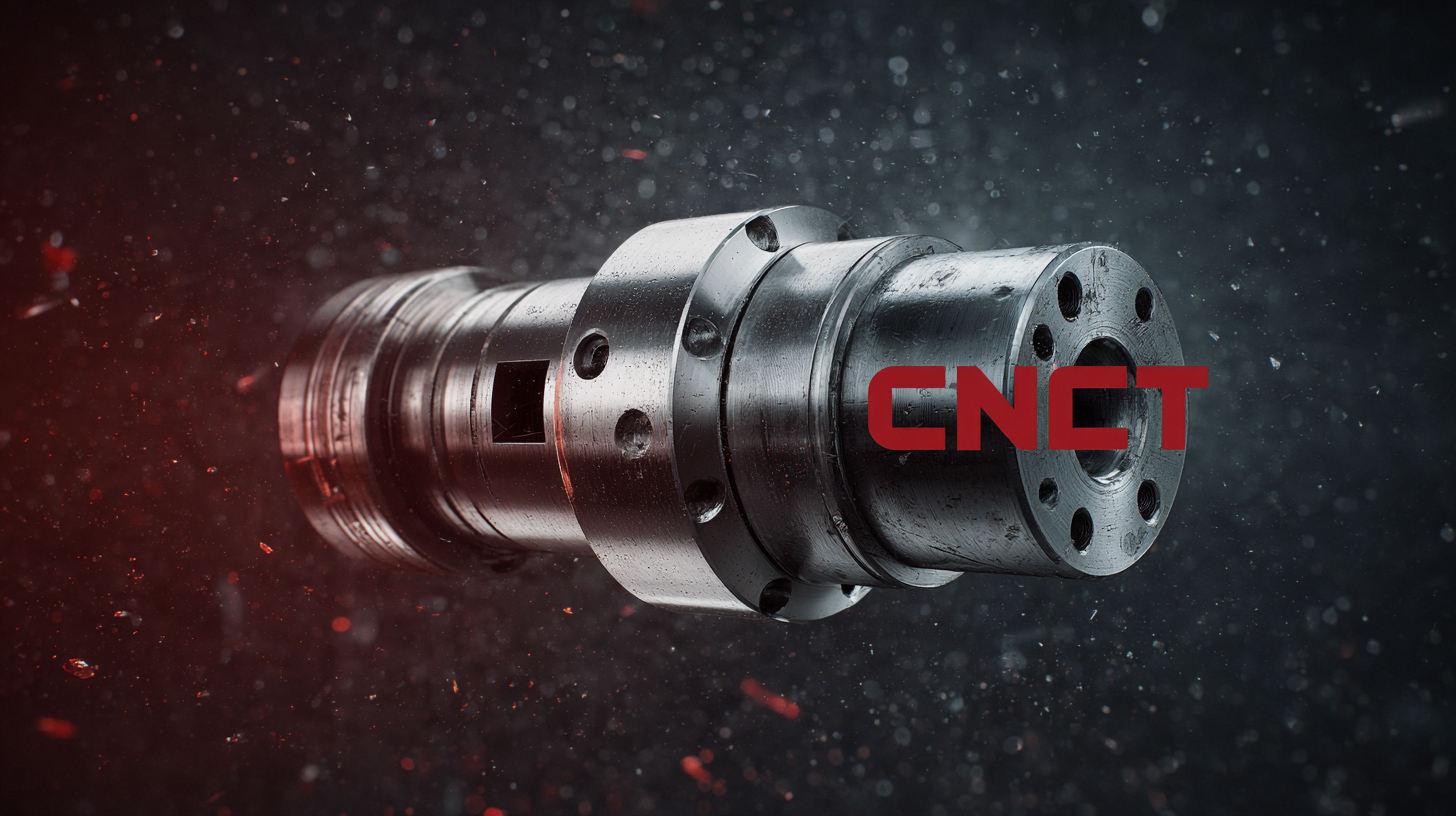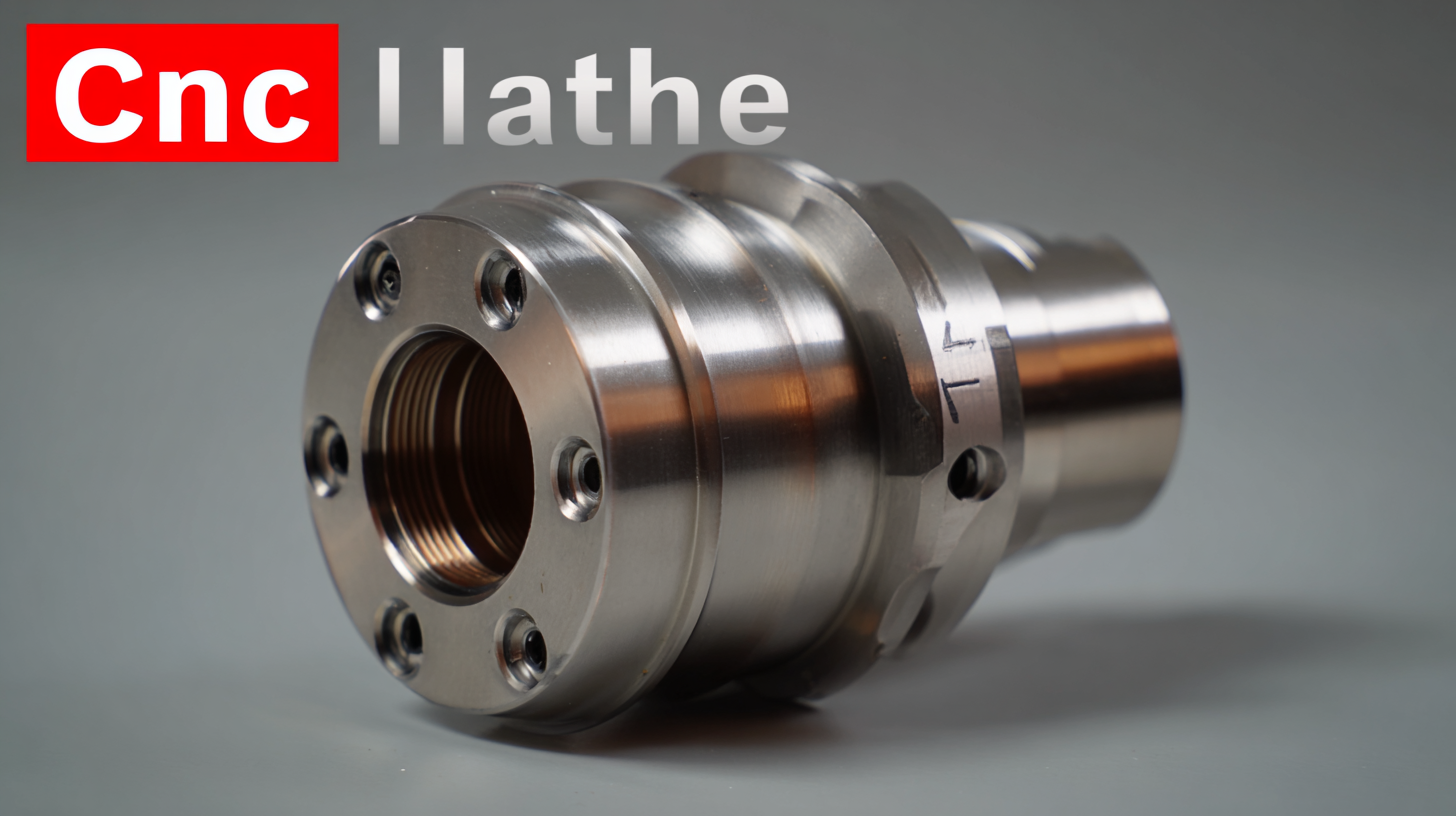
- sales@bjbod.com
- Mon - Sat at 7:00AM to 9:00PM

The landscape of precision machining is evolving rapidly, with advancements in technology driving significant improvements in efficiency and accuracy. One of the critical components contributing to this evolution is the CNC lathe collet, which has become increasingly essential in modern manufacturing processes. According to a report by MarketsandMarkets, the CNC machining market is projected to reach $100 billion by 2025, growing at a CAGR of 7% due to the rising demand for precision-engineered parts in industries such as aerospace and automotive. The benefits of utilizing high-quality CNC lathe collets are manifold; they provide enhanced gripping power, reduced runout, and improved component stability, which collectively result in superior machining outcomes. As manufacturers strive for greater precision and efficiency, investing in the best CNC lathe collets is crucial to stay competitive in this rapidly advancing landscape.

The precision machining industry is witnessing an impressive surge, driven by the growing demand for high-quality components across various sectors, including aerospace, automotive, and electronics. According to a report by ResearchAndMarkets, the global precision machining market is projected to reach $16.66 billion by 2026, with a compound annual growth rate (CAGR) of 7.2% from 2021 to 2026. This robust growth emphasizes the necessity for advanced technologies such as CNC machining, where precision lathe collets play a pivotal role in ensuring accuracy and efficiency in manufacturing processes.
As the complexity of components increases, manufacturers are seeking more reliable solutions to maintain tight tolerances. The adoption of precision CNC lathe collets enhances performance by providing better grip and reducing tool wear, which are critical for high-volume production. According to a study by MarketsandMarkets, the CNC lathe market is expected to grow from $5.35 billion in 2021 to $7.38 billion by 2026, reflecting a rising trend in precision machining practices. This exemplifies how integral precision lathe collets are in meeting the demands of modern manufacturing, allowing industries to achieve greater productivity while ensuring quality and reliability in their output.
| Parameter | Value | Impact on Precision Machining |
|---|---|---|
| Market Growth Rate (2023-2028) | 6.5% | Increased demand for precision components in automotive and aerospace. |
| Adoption of CNC Technology | 85% | Higher efficiency and accuracy in manufacturing processes. |
| Average Precision Tolerance | ±0.005 mm | Enables the production of highly precise components for critical applications. |
| Major Industries utilizing Precision Machining | Aerospace, Medical, Automotive | Demand for high-quality and reliability in end products. |
| Emerging Technologies | AI & Machine Learning | Optimizes machining processes and predictive maintenance. |
The precision machining industry continues to evolve, with CNC lathe collets playing a pivotal role in enhancing machining accuracy and efficiency. According to a report by Grand View Research, the global CNC machining market is expected to reach $100 billion by 2025, driving demand for components like collets that contribute to improved tooling performance. The best CNC lathe collets are designed with features such as high clamping force, minimal runout, and compatibility with various materials, which are essential for achieving superior precision.
Key features that set the best CNC lathe collets apart include their tolerance levels, material construction, and design innovations. For instance, collets made from high-speed steel or hardened tool steel offer increased durability and reduce the likelihood of wear over time. Additionally, some collets use a specialized design that enhances gripping strength and reduces vibration during operation. According to a study by Machinist Magazine, CNC collets with a runout of less than 0.0002 inches can significantly enhance the overall precision of the machining process, resulting in less waste and improved product quality. With advancements in technology and materials, CNC lathe collets are set to redefine the standards of precision machining, offering manufacturers a competitive edge in a rapidly growing market.
Chinese factories have emerged as global leaders in precision machining, thanks to their advanced technology and skilled workforce. The rise of CNC lathe collets has significantly enhanced machining efficiency and accuracy, enabling manufacturers to produce intricate components with tight tolerances. This leap forward in machinery technology allows Chinese manufacturers to serve various industries, including automotive, aerospace, and electronics, where precision is paramount.

The integration of automation and smart manufacturing practices in Chinese factories is another driving force behind this trend. As factories adopt Industry 4.0 principles, machine operators benefit from real-time data analytics and AI-assisted decision-making, leading to reduced waste and improved production times. With competitive pricing, superior quality, and rapid innovation cycles, Chinese manufacturers are setting new benchmarks in precision machining, making them essential players in the global supply chain. As the demand for high-precision parts continues to grow, it is clear that China's manufacturing sector is not just adapting; it is reshaping the landscape of precision machining for the future.
The field of CNC machining is undergoing rapid transformation thanks to innovative technologies that enhance precision and efficiency. One major advancement is the integration of smart sensors into CNC lathes and collet systems. These sensors enable real-time monitoring and feedback, allowing operators to anticipate potential issues and make necessary adjustments on-the-fly. As a result, manufacturers can achieve greater accuracy and reduce downtime, which is vital in meeting the demands of modern production environments.

Additionally, the adoption of advanced materials in CNC collet design is shaping the future of precision machining. New composite materials offer increased strength and durability without adding significant weight, facilitating smoother operations and reducing wear on machinery. These cutting-edge collets not only improve gripping capabilities but also enhance overall stability during complex machining processes. By embracing these innovations, businesses can drive higher productivity and maintain a competitive edge in an ever-evolving market landscape.
Quality control is an essential element in the success of precision machining, particularly when utilizing CNC lathe collets. These collets play a crucial role in securing workpieces, ensuring accurate and repeatable machining processes. The precision of the machining operation is directly influenced by the quality of the collets used; any imperfection or inconsistency can lead to errors and variances in the final product. Therefore, maintaining stringent quality control measures in the selection and testing of collets is vital for achieving optimal machining precision.
Incorporating quality control protocols involves regular inspections and testing of collets to confirm their accuracy, material integrity, and performance under operational conditions. Utilizing high-grade materials and advanced manufacturing techniques further enhances the reliability and effectiveness of collets, minimizing the risk of defects.
Additionally, employing software solutions for predictive maintenance can assist manufacturers in identifying potential issues before they affect production. A robust quality control framework not only safeguards product integrity but also fosters a culture of excellence in precision machining, enhancing overall efficiencies and customer satisfaction in the long run.